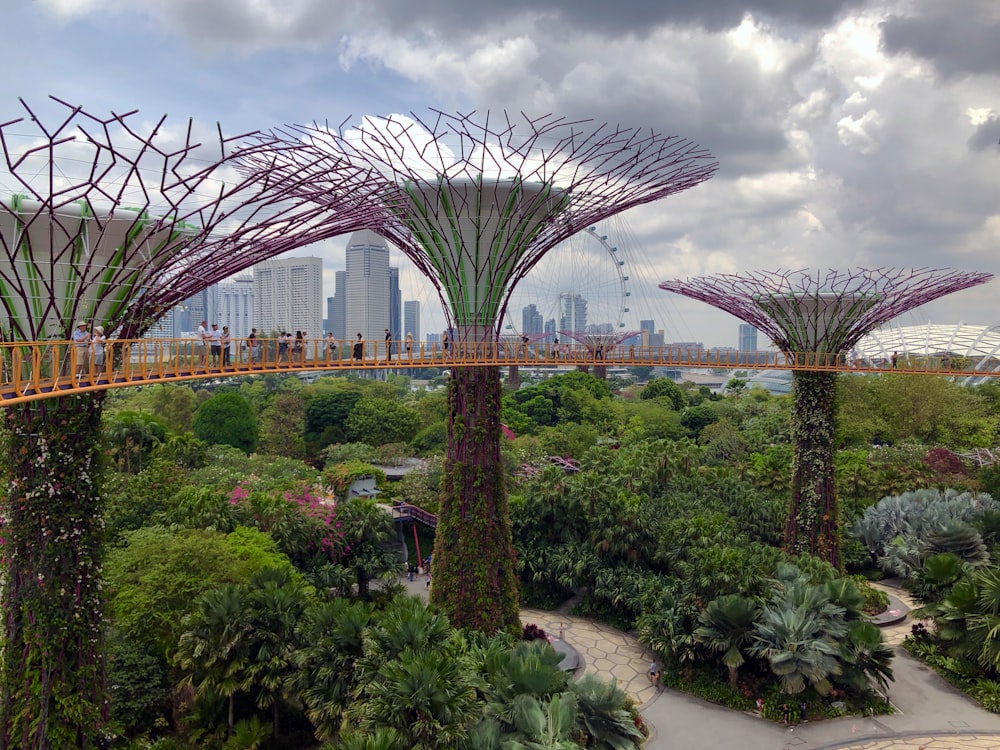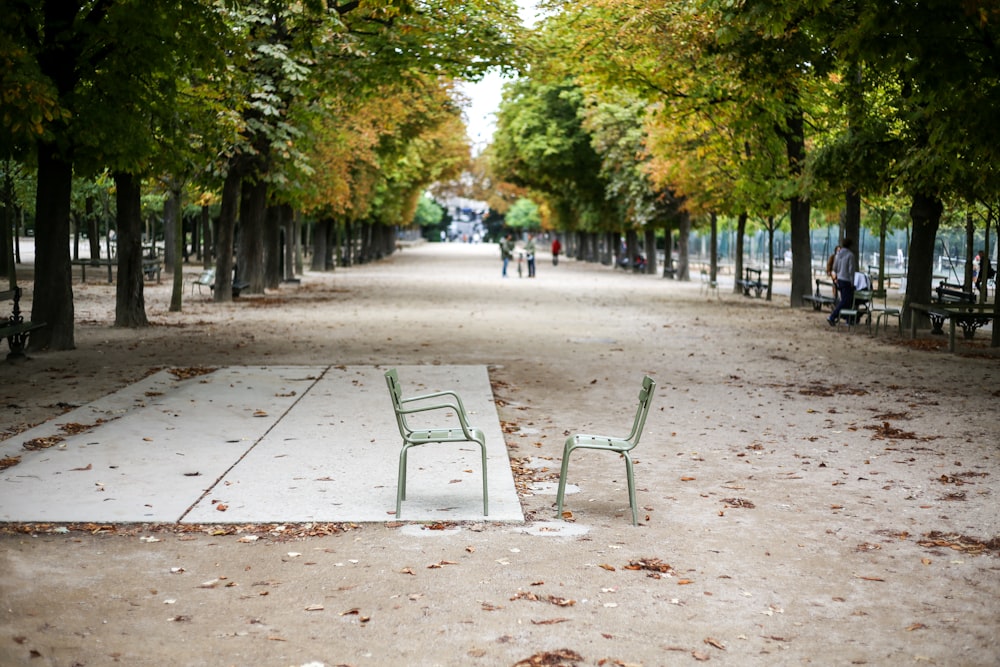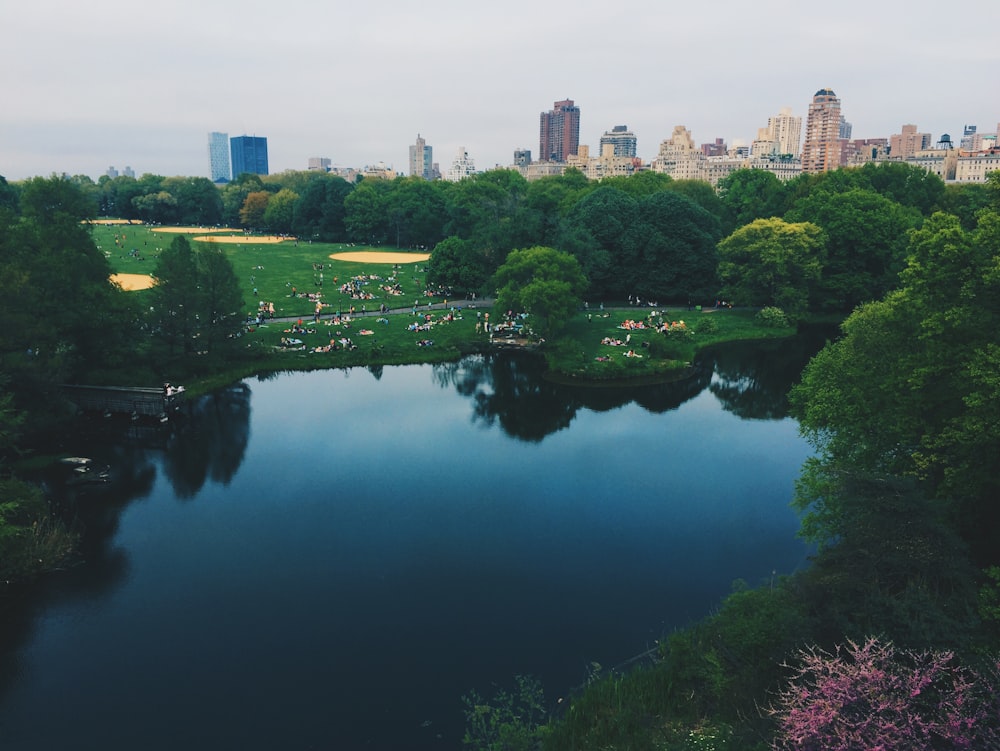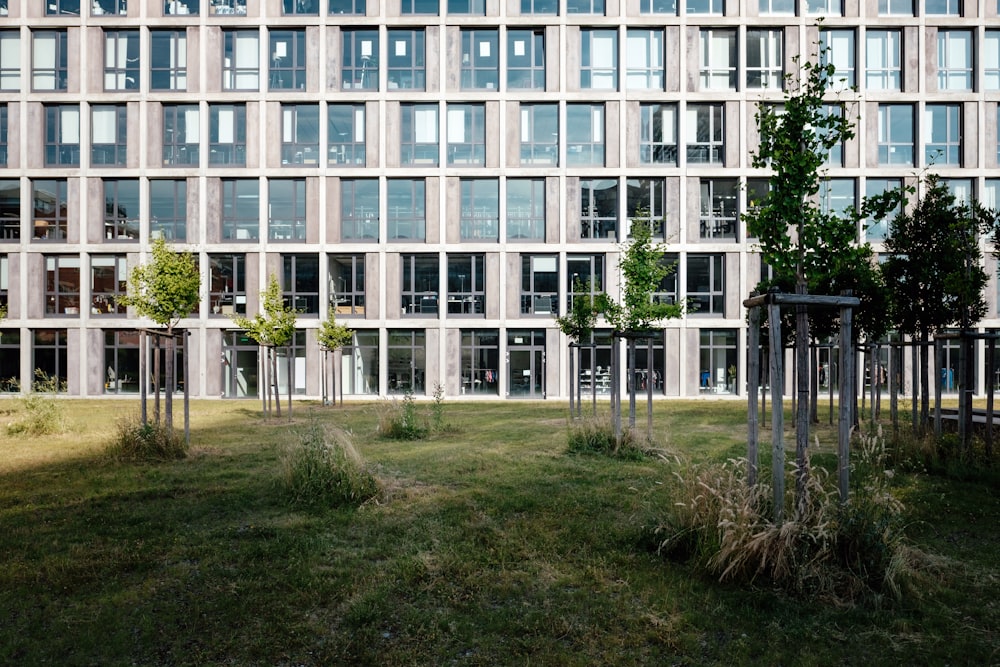How important is the role of developer and agent in considering physical and mental wellbeing in the development of future housing developments? This article breaks down numerous studies from mental health charities and universities to understand what is needed, as well as noting how some cities are already looking at changing their environments.
The Industrial Revolution of the 18th century made way for major social and economic shifts in the way humans live, and perceive their social selves. As more and more people moved to the cities, rapid urbanization of the ever-extending concrete landscape meant fewer opportunities for people to experience and connect with their natural environment. Now, a study by MIND, one of the UK's leading mental health charities, has found that being disconnected from a natural area can pose serious risks to mental health and well-being.
In order to tackle deteriorating mental health on a societal level, MIND has urged the development of green spaces such as parks and wooded areas. Observations in psychotherapy have proven that the presence of accessible green spaces not only reduces the risks of mental illness, but also helps to fight off different mental disorders such as OCD (Obsessive Compulsive Disorder), depression, anxiety, and numerous others.
The study conducted by MIND concludes that the green spaces around us, especially in urban living environments, are essential for general improvements in mental health to be made. There is no doubt that mental disorders have numerous reasons behind them and that this can’t be the only link. Consequently, it should be understood true that green spaces cannot, in anyway, be considered as a stand-alone solution. Merging these ideas will help to form a greater understanding and knowledge base to work from for future health and housing initiatives as developers play a pivotal role in shaping local environments
In an encouraging response to this study, several urban housing forums have taken note of the findings, demanding the establishment of more and more green spaces in their areas from local authorities.
A Case for Green Spaces in Central London
Realising the significance of this report on green spaces one of London’s most affluent areas has assembled a group that worked alongside local residents, businesses and councillors to present a document demanding an increase in accessible green spaces in their neighbourhoods.
For example, the importance of greenery and providing a safe physical and mental health environment for residents and visitors has been echoed in the latest proposal by a London group called the Mayfair Forum. One of its key contributors was local resident and London estate agent Peter Wetherell. Having seen the development of central London since the 1980s, Peter was more than keen in building a more green space that would appeal more to residents, "Mayfair is undergoing a change in the fact that businesses are beginning to move away and residents are beginning to return. It makes perfect sense to bring new orders in place that boost green spaces and general safety for residents and visitors alike. The Victorians knew it made sense so it seems silly that it has taken us this long!"
Benefits of Green Spaces for All
A green space is a broad term that includes maintained or unmaintained spaces designated to encourage different forms of nature. This includes nature reserves, parks, and open wilderness among others with various studies concluding that spending time in and around these spaces can have a positive effect on mental health. These include:
Stress Relief
In May 2018, a survey showed that 74% of UK adults had complained of overwhelming stress levels. A significant contributing factor in mental health problems like Anxiety and Depression, the most common course of treatment is prescription medication. Unmanaged stress can also lead to deteriorating physiological conditions such as Diabetes and high blood pressure.
Another relevant University of Edinburgh study commented that “if the greenery in an individual’s surroundings amounts to less than 30%, their body starts producing high levels of Cortisol as a response, a hormone that can aggravate stress-related symptoms.” As stated by numerous clinical studies, anyone experiencing post-traumatic stress disorder, anxiety, or chronic fatigue can greatly benefit from the presence of greenery indoors and out.
Improved Demeanour
While there is no fact based reasoning behind it, studies suggest that accessible natural, green spaces help people feel better because they provide a significant opportunity for socialising.
Caught up in the hustle and bustle of a vibrant city, individuals might be surprised to find how lonely and isolated life can be. Life in isolation for long periods or not having appropriate avenues for socialising can eventually pave the way for serious mental disorders, like depression. A public green space like a park or a hiking trail, are perfect spots to break that isolation without feeling overwhelmed and enable physical exercise, and the release of endorphins, that are crucial to general mental health.
Increased Confidence
In tandem with the importance of social interactions, that are subsequently increased through natural spaces, once an individual removes themselves from the company of others, they fall risk of losing out on the ever-developing social norms. This loss of perspective can leave people at a significant disadvantage in a social situation, consequently losing confidence because of it. Therefore, the development of more green spaces is advised, in the hopes that these spaces will allow people to relax, socialise and find comfort when grappling with complex real-life issues.
An increasing number of studies are suggesting that green spaces do play a significant role in not only managing but also preventing the onset, of numerous psychological disorders. Therefore, it is important that the significance of these spaces is realised at a higher level and more green spaces are developed, especially in urban areas. How the property and real estate industry takes this information and develops into its future work is an interesting area for discussion, as is the importance local councils should place on these factors for existing developments and town amenities.
What are your thoughts on these studies and the examples already being put in place by various urban groups?












